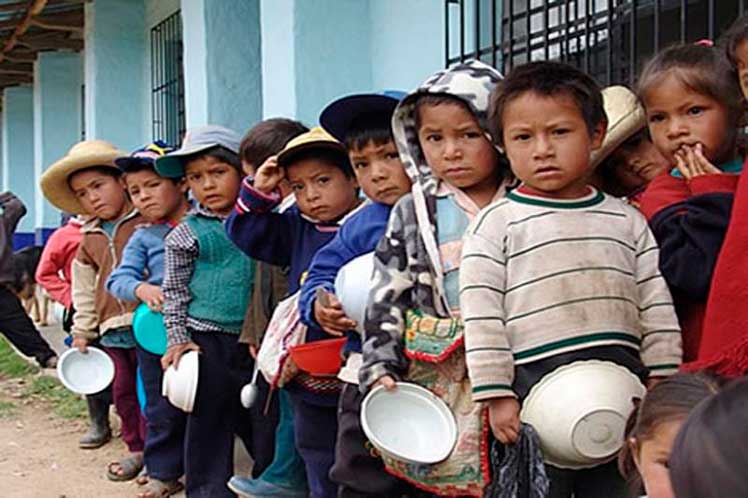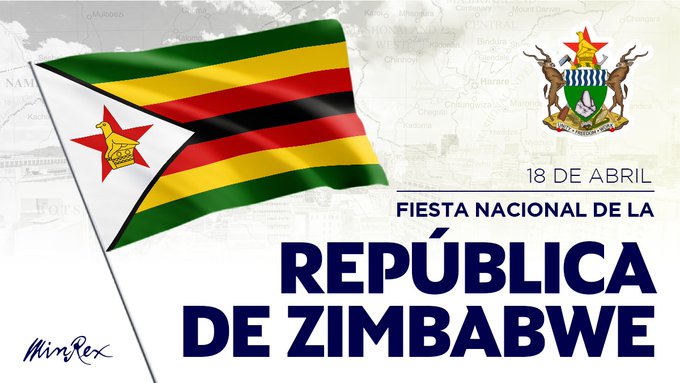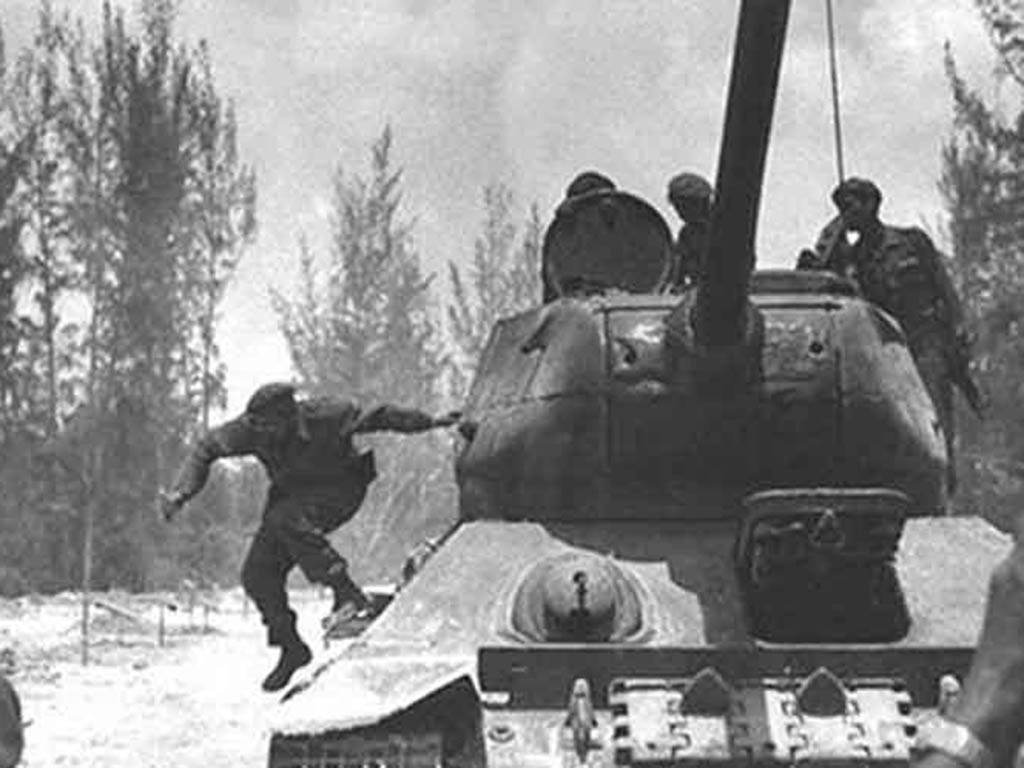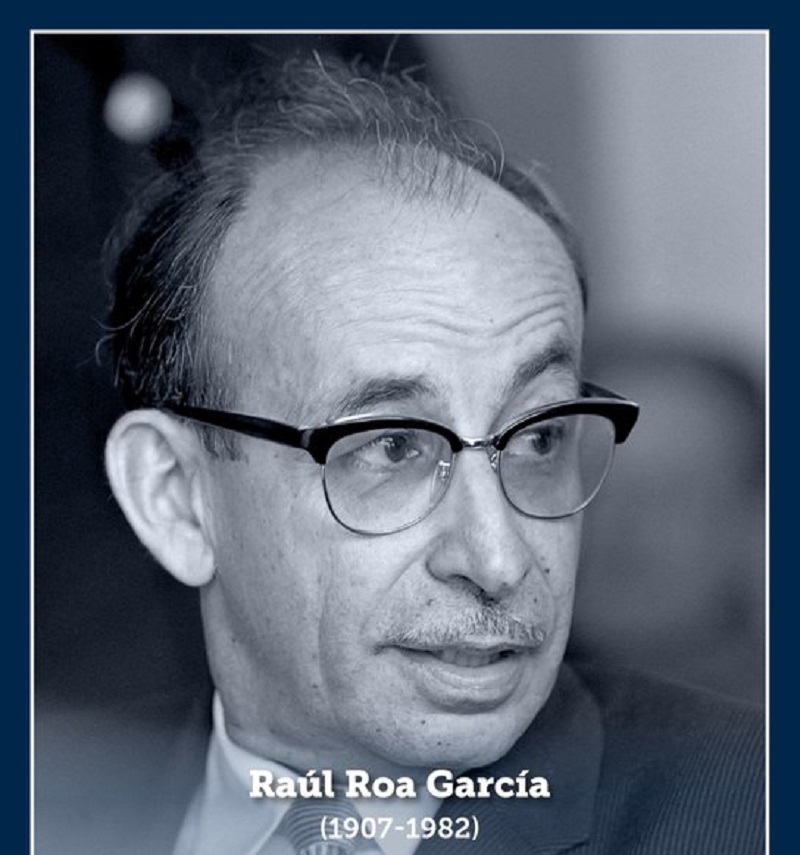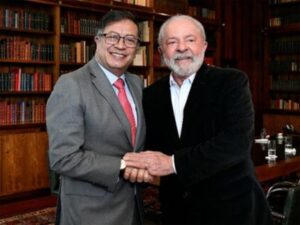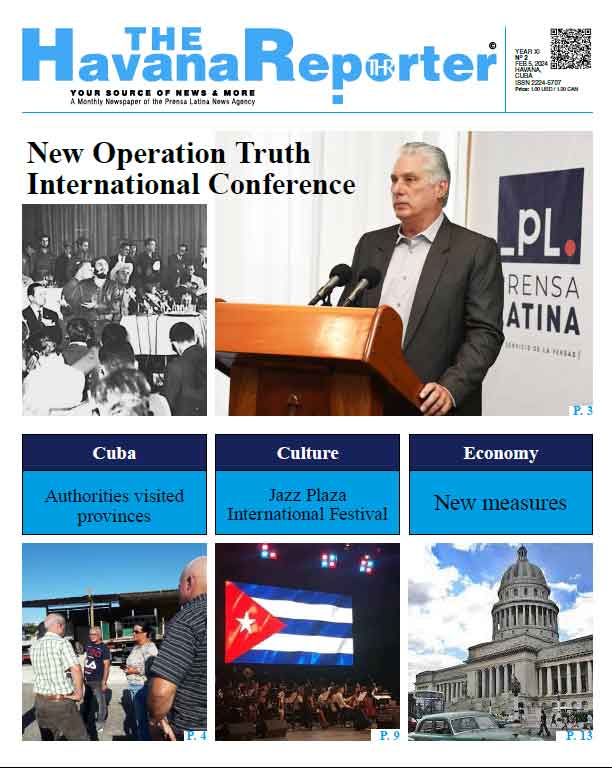LATAM & CARIBBEAN
THE WORLD
Spotlight
- Published on: April 19, 2024
- 16:57
Caracas, Apr 19 (Prensa Latina) Establishing a Council of Social Movements of the Bolivarian Alliance for the Peoples of Our America-People's Trade Agreement (ALBA-TCP) is one of priorities for this regional integration mechanism, as stated by the Executive Secretary of this Latin American and Caribbean organization Jorge Arreaza when he made his presentation, “The Principle of Unity as a Transforming Element,” on the second day of the World Gathering for a Social Alternative, which is being held in Caracas, Venezuela.
- Published on: April 17, 2024
- 08:07
Quito, Apr 17 (Prensa Latina) Ecuador faces a new energy crisis with blackouts that the president promised to stop this week.
© 2016-2021 Prensa Latina
Latin American News Agency
Radio – Publications – Videos – News by the minute.
All Rigts Reserved.
St. E No 454 , Vedado, Habana, Cuba.
Phones: (+53) 7 838 3496, (+53) 7 838 3497, (+53) 7 838 3498, (+53) 7 838 3499
Prensa Latina © 2021 .
Web Site developed by IT Division Prensa Latina.










